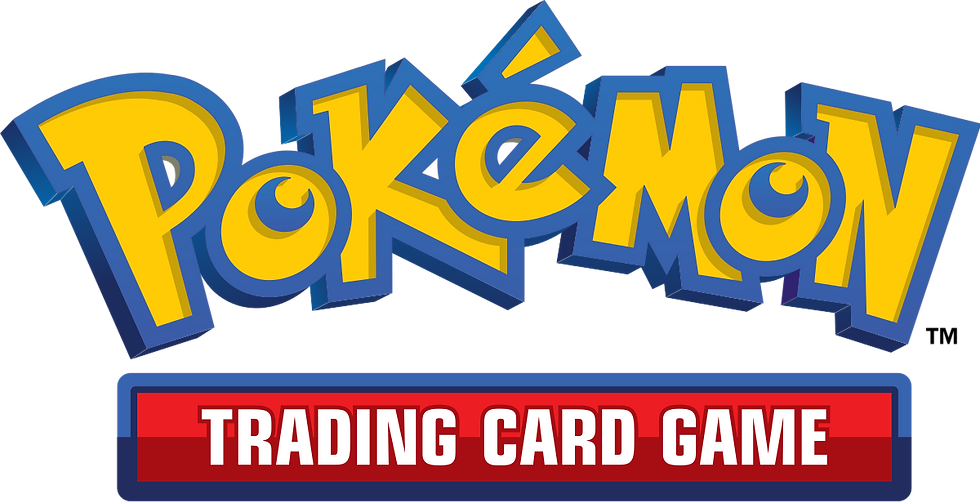The Pokemon TCG: Battling the Rotation Challenge and the Price of Staying Current
- W4Rmachine7

- Jul 2, 2023
- 2 min read
Introduction:
As a devoted fan of the beloved Pokemon franchise, I have always cherished the enchanting world of Pokemon and the thrilling adventures it offers. The Pokemon Trading Card Game (TCG) has long been a source of excitement and joy for me. However, despite my enduring love for the franchise, I gradually found myself growing bored and disheartened with the Pokemon TCG. In this blog post, I will delve into the reasons behind my waning enthusiasm, specifically focusing on the challenges posed by card rotations and the financial strain of staying current.

1. The Challenge of Card Rotations:
One of the primary factors that contributed to my diminishing interest in the Pokemon TCG was the constant rotation of cards. With each new card set release, older sets are often phased out of the standard tournament format. While rotations serve to maintain a fresh meta and ensure a balanced playing field, they also present a significant challenge for players like me who want to remain competitive. Having to retire cherished cards and strategies that I had carefully cultivated over time became frustrating, as it required a constant investment of time and resources to keep up with the ever-changing rotation schedule.
2. Financial Strain of Staying Current:
Staying current in the Pokemon TCG proved to be a financially demanding task. As new sets were introduced, powerful and sought-after cards would emerge, often commanding high prices due to their rarity or competitive viability. To stay competitive, it became necessary to acquire these new cards, which led to a considerable financial burden. The constant need to purchase booster packs, participate in pre-release events, or trade for the latest cards created a sense of pressure and prevented me from fully enjoying the game without feeling like I was constantly chasing the elusive "perfect deck."
3. Limited Playability of Rotated Cards:
Another frustration I encountered was the limited playability of rotated cards. Once a set rotates out of the standard format, the cards can only be used in expanded or casual play. This restriction diminished the value and appeal of older cards, as they often became irrelevant in the competitive scene. The diminishing usefulness of rotated cards not only affected their monetary value but also reduced their overall appeal and made it challenging to find enjoyable ways to incorporate them into my gameplay.

Conclusion:
While my love for the Pokemon franchise remains unwavering, my enthusiasm for the Pokemon TCG has dwindled due to the challenges posed by card rotations and the financial strain of staying current. The constant need to adapt to new sets and the pressure to acquire expensive cards in order to remain competitive became overwhelming. The limited playability of rotated cards further compounded my frustrations. It is important to recognise that these challenges are inherent to many collectible card games, and the Pokemon TCG continues to evolve and cater to a wide player base. Nevertheless, my journey from enthusiasm to disillusionment highlights the difficulties that can arise when rotations and financial considerations become significant barriers to enjoying the game fully.




Comments